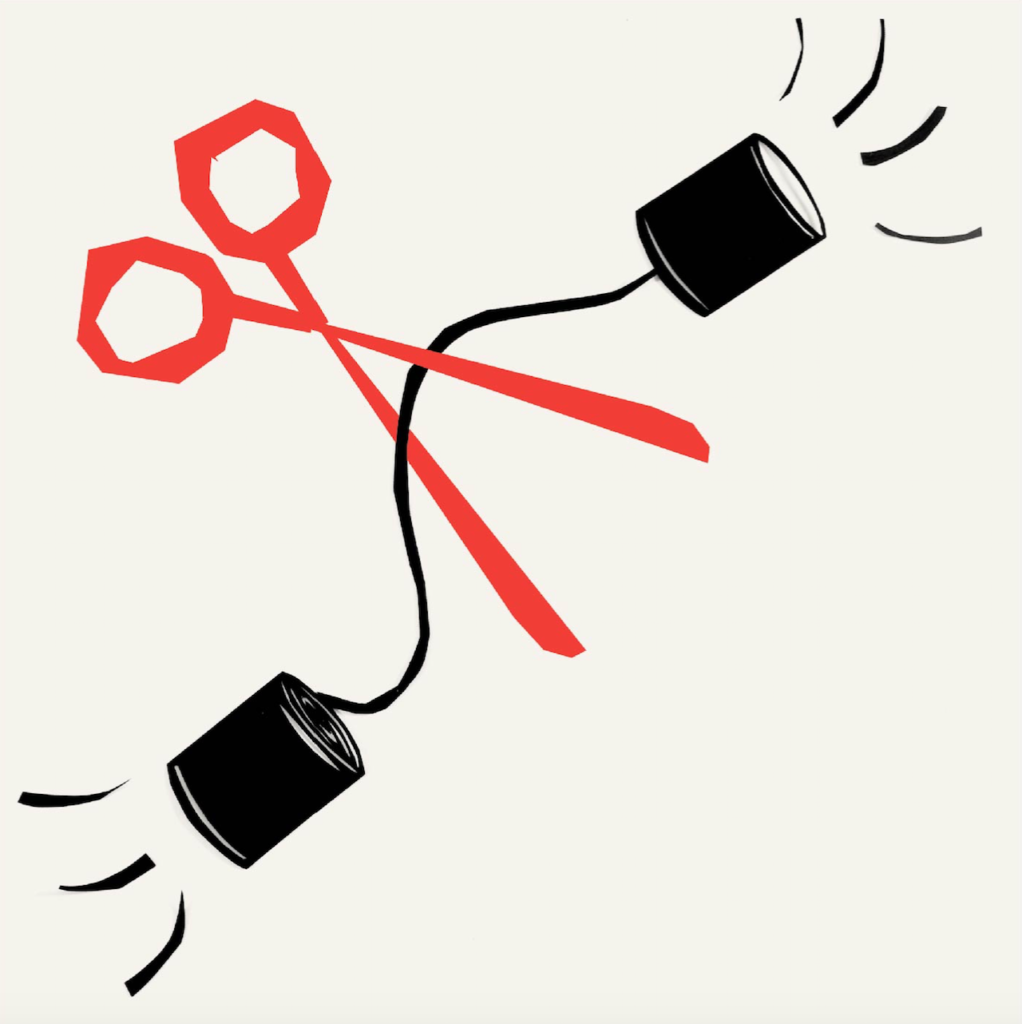Is there legal support for WhatsApp blocks? Interpretative disputes and their advocates
By Jacqueline de Souza Abreu
Is there legal support for judicial orders determining a block on WhatsApp for failure to comply with judicial requests for data relevant to criminal investigations? Noting that there are two constitutional complaints in the Brazilian Federal Supreme Court (discussed here and here) related to this subject, this post maps the different arguments raised in this debate. The substantive discussion as to whether blocking a messaging app can be reconciled with freedom of expression is left aside. The focus is the existence of an authority prescribed by law for undertaking such an aggressive action. This question is a primary step in the evaluation of blockades’ “proportionality”, which is a beloved type of analysis put forward by Supreme Court justices in Brazil.
Interpretative disputes
Much of the discussion about legal support for WhatsApp blocking orders revolves around art. 12, III of the Marco Civil da Internet (MCI – Brazilian Internet Civil Rights Framework), which provides for the “temporary suspension of activities …” as a sanction for violations of the rules set forth in arts. 10 and 11 of the MCI. Does it offer legal support for blocking measures against WhatsApp?
Art. 12. Without prejudice to any other civil, criminal or administrative sanctions, the infringement of the rules set forth in arts. 10 and 11 above are subject, oin a case-by-case basis, to the following sanctions applied individually or cumulatively:
I – a warning, which shall establish a deadline for the adoption of corrective measures;
II – fine of up to 10% (ten percent) of the gross income of the economic group in Brazil in the last fiscal year, taxes excluded, considering the economic condition of the infringer, the principle of proportionality between the gravity of the conduct and the size of the sanction;
III – the temporary suspension of the activities that entail the acts set forth in art. 11; or
IV – prohibition to execute the activities that entail the acts set forth in art. 11.
Sole paragraph. In case of a foreign company, the subsidiary, branch, office or establishment located in the country will be held jointly liable for the payment of the fine set forth in the main section of art. 12.
From the reading of art. 12, it follows that:
- (i) If there are “violations of the rules set forth in arts. 10 and 11,” then sanctions provided in art. 12 of the MCI are applicable;
- (ii) “temporary suspension” or “prohibition” sanctions refer to activities involving “collection, storage, custody and treatment of records, personal data or communications by connection providers and internet applications” as established in art. 11.
There are interpretative controversies regarding each of these points.

What violations trigger the application of blocking sanctions?
With regards to (i), it is discussed which kinds of “violations” trigger the sanctions provided for in art. 12. MCI clearly references arts. 10 and 11. But is the failure to comply with judicial requests for data relevant to criminal investigations one of those consequential “violations”?
WhatsApp Inc., the Frente Parlamentar Pela Internet Livre e sem Limites, the Instituto de Tecnologia e Sociedade, the Brazilian Internet Steering Committee, the Attorney General’s Office for the Federal Government, and the Senate, for example, argue that the sanctions are only applicable if data protection and privacy rules set forth in arts. 10 and 11 are infringed upon. The Instituto Brasileiro de Defesa do Consumidor, the Instituto Beta: Internet e Democracia e o Laboratório de Pesquisa Direito Privado e Internet da UnB share a similar position. According to this legal theory, as WhatsApp has not violated any data protection or privacy rules, the sanction is groundless.
In opposition are those – specially judges, as in the third blocking case – who see the failure to comply with any Brazilian legal rule as sufficient legal basis to trigger the art. 12 sanctions. They refer to art. 11, which provides that in any data processing operation “Brazilian law must be mandatorily respected, including in regards to the rights to privacy, data protection, and secrecy of communications […].” Art. 10, §2º, according to which, “the content of private communications may only be made available upon a court order,” is also mentioned; as WhatsApp does not provide content even upon a court order, it violates Brazilan law and art. 12 sanctions are therefore applicable, the theory goes. Some police authorities and even the Department of Justice are on this side of the controversy: the “temporary suspension” sanction provided for in the MCI offers clear support to the aggressive measure against the instant messaging company.
Is the complete ban on Internet applications admissible?
With regards to (ii), the disagreement lies in the extension of the “temporary suspension” provided in subsection III (or of the “prohibition” in subsection IV): does it allow the flat-out restriction of access to internet applications or only of some activities performed by the app? Can WhatsApp be completely suspended or only the activity that violates Brazilian legislation?
The language refers to “activities that entail the acts set forth in art. 11”. In light of that, the majority of commentators argues that art. 12 authorizes the suspension of certain activities of “collection, storage, and treatment of logs, personal data and communications by connection providers and internet application providers,” that are in disagreement with data protection and privacy rules set forth in the MCI. The Frente Parlamentar pela Internet Livre e sem Limites, the Instituto de Tecnologia e Sociedade, the Brazilian Internet Steering Committee, the General Attorney’s Office for the Federal Government (following CGI), and the Senate (following the CGI) and PROTESTE argue in this direction.
Others argue that full blocking, that is, the suspension of the entire application, is admissible under Brazilian law. With respect to WhatsApp, the suspension of “collection, storage, and treatment of …communications” necessarily implicates blocking of the entire application. That is the opinion held by Francisco Brito Cruz, of InternetLab, and Rafael Maciel, of Comissão de Direito Digital da OAB/GO, for example. Evidently, they are joined by the judges who have ordered the ban based on MCI’s art. 12 and law enforcement authorities who requested the penalties.
Are there other legal bases for blocking orders?
In spite of what the Brazilian Supreme Court holds with respect to the proper interpretation of the MCI, a third question is in order: do the blocking decisions find support in other provisions of Brazilian law?
The question is whether art. 12, III, establishes a sole framework of sanctions applicable to application providers or other provisions can also be invoked as legal basis for them? Common referral is made to judges’ “general writ power,” provided for in the Code of Civil Procedure of 1973 (art. 461, § 1º), the New Code of Civil Procedure (arts. 139, IV and 536, §3º) and (aggravating the controversy) even the Code of Penal Procedure (art. 3º, in conjunction with art. 297 of CPC), which are said to reserve judges the power to make their decisions effective. In its brief to the ADPF 403, WhatsApp Inc. refutes this theory on the grounds that MCI is a ‘special norm’ that regulates specific situations applicable to Internet affairs; they also deny that criminal judges could find support for their decisions in the CPC.
Towards a sophisticated legal treatment
Under the proportionality test, checking the existence of a legal basis to limit a fundament right is a requirement posed by the legality principle, which is a basic tenet of the rule of law. The Brazilian Federal Supreme Court will soon have to engage in the fierce discussion over this matter in ADI 5527 and ADPF 403, which will hopefully alleviate discussions about WhatsApp blocking. The Legislative has also taken steps to deal with the matter (see this post). All in all, it is expected that these authorities develop a sophisticated analysis on this especially sensitive topic. May the best argument prevail.
